Thoughts on being a Non Exec Director
Take up the Non Exec Director challenge!
Having completed her term as a Non Executive Director for the Calico Group, Sarah Parr reflects on her journey and what the experience has taught her. She also encourages other corporate leaders to rise to the challenge.
In December, I stepped away from my role as a non executive director at the Calico Group. I had been a Group Board member there for nine years and over the past five years, have chaired the Audit and Assurance Committee. It was my first non exec role and while I was sorry to leave at the end of my term, I certainly see the need for organisations to create space for new thinking in the boardroom. I also feel it’s the right time for me to move into new things, especially when I consider what I haven taken away from the experience. I hope that sharing these thoughts will be of interest to you, if you are in any leadership role, either as a non executive or as part of an Executive or Senior Leadership team.
Running my own business, I don't always get the opportunity to be part of a large team, though team coaching is one of my specialisms and I really value the connection of working with others. This is one of the things that I found incredibly valuable about my time on the Calico Board . There's something very special about being part of a collective, particularly when you respect and admire the people you're working with; non executive colleagues, those in the executive team, and also others in all parts of the organisation. It really brought home to me the the power of collective thinking and the benefits it can bring to strategic decision making.
Being part of a Board not only gives you exposure to different professional skills and experience, but also to different perspectives, different ways of thinking and a different lived experience as well. Diversity of thought really makes for some powerful conversations.
A non exec director is there to listen,
I think my role at Calico has also really brought home to me the importance of listening to all stakeholders including staff members as well as customers. I think that this is something that charitable and third sectors perhaps so a little better than others, although still not always as much as they might do.
The fact is, there's a real importance of listening to people on the frontline. To be an effective leader, you need to understand the experiences on the ground, because that messaging can easily get diluted as it makes its way up through the organisation. This isn’t necessarily intentional, it’s just by the nature of how we operate. Being a non exec director has really brought home to me the importance of listening to people throughout the organisation.
It’s important to take the time to have those conversations with people where you hear about the first hand experiences. Where you discover directly what's going on, the challenges employees are facing. What's working well and what's not. This really brings things to life and it's not something you can easily replace by reading a report, assessing KPIs or looking at staff surveys.
“Being part of a board is very special. It brings collective thinking and diversity of thought.”
respond with curiosity and build trust
A good non executive can effectively reflect on what they hear both internally and externally, and form their own views whilst working as part of a collective decision-making body. They can also play a role in creating an environment and organisation culture where people work well together, which takes trust. Building trust in a team is something I often talk about as I believe it is an essential ingredient of corporate success.
Trust is partly built up over time and is evidenced in the way you work together but actually, you can intentionally create it by taking the time to get to know people at a bit more of a personal level. You don't have to know their life story or the name of their goldfish (although I’m usually fascinated by both). Taking the time, outside of the boardroom or meeting room, to just have a chat and understand what's important to them is really beneficial. I love to find out what makes people tick, what their values are, what their particular skills and experience might be. This tends to help create a much more meaningful, much stronger platform for conversation and challenge.
Challenge is important in any leadership team. Members need to be able to challenge each other, but to do it in the right way. Somebody once described this to me as ‘respectful challenge”, and that phrase really stuck in my mind. As a non exec director, or as part of a board or leadership team, you’re expected to bring suggestions to the table, but I think it’s important to also bring curiosity into the way you question your colleagues.
Let’s face it, at a senior level others who are making recommendations or potentially influencing decisions, are likely to be people who bring a lot of credibility, intellect, pragmatism and experience and their suggestions are going to be well thought through. So coming in like a bulldozer, is not only not going to be well received, but it also probably misses several key points. However being curious about what is driving their decisions, their rationale, and the factors they've taken into account, is a really helpful way to approach things.
I think it's also important to recognise when a good job has been done. To congratulate colleagues when something has gone well, when they've overcome a difficult situation. And perhaps just to have empathy with them, when times are tough. Sometimes you might not be able to provide them with any practical advice or make things better for them. But actually just empathising with them, and showing you are supportive of what they're doing is, is enough.
helping to make strategic decisions
As a non exec director you get used to working collectively with people of many different working styles. Having observed many boards, I notice that there are always going to be louder voices but I’m pleased to say that increasingly there are also the quieter ones. It’s important to ensure the more reflective members are also heard. It’s vital to ensure they have the time and space to get comfortable with decisions or discuss the issues others may not have raised. Everyone must have the opportunity to be heard in the decision-making process, or you risk making the wrong decision.
I've learned so much from others regarding my own style and I know that one of the ways in which my own style has developed during my time on the Calico Board, is that my decision-making has become more balanced. I'm a lot more tuned into the opportunities and the possibilities, as well as seeing the risks. At the end of the day, I'm an accountant and we typically have a natural tendency to focus on the risks (and the costs), but that’s only one side of the coin.
I think my other big takeaway from the Calico Group, is the power of an organisation that has a really strong connection to its purpose and values (see diagram below). It's so important to remember these when making important strategic decisions, and when creating a culture that attracts and retains the best and most talented people. Keeping your collective purpose at the centre of decisions about investment, divestment, product development and new markets is crucial and using this in tandem with the commercial business case creates a a strong framework for decision making.
Thanks to the Calico Group
From left to right, Sarah Parr; her visit to a Calico development in Burnley; and the Group’s Values.
On donning a hard had and safety boots, Sarah says… “I'm a big advocate of non-executives getting out and about - it's not only great to remind ourselves of what (and who) we're actually here for, but also a chance to hear directly from those who are delivering these outcomes on the ground.”
With all I have learnt, it would be remiss of me not to thank all of my colleagues at the Calico Group. It was a real joy to be part of this organisation. For those who don't know, Calico is an amazing organisation that does great stuff and changes people's lives. There's no doubt about that. So if you're looking for inspiration about how your organisation can be more inclusive, be more person-centric and values-driven, then check them out.
The Calico Group are “A community of people, working together with customers to close the equality gap and to show others how we create a fairer society” - specifically in the areas of health, care and wellbeing; skills, training and employability; housing; and construction and development. They have been recognised as an Inclusive Top 50 UK Employer as well as being a Disability Confident Employer.
If you're a leader who's thinking about whether you have the space to explore a non exec director role, or wondering how to best build your relationships with your own board, then I'd be happy to talk to you about that. Email me at sarah.parr@sirise.co.uk







